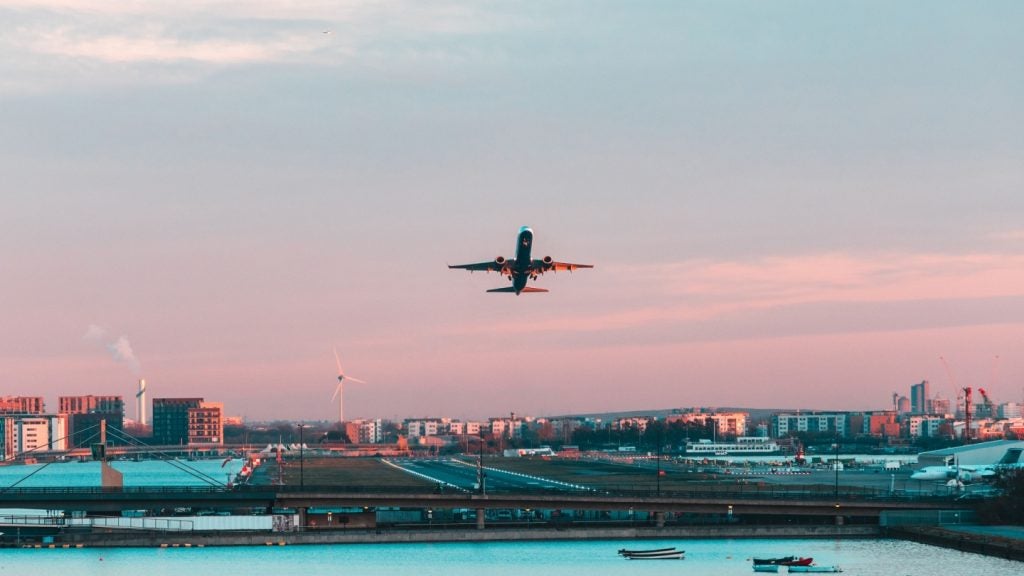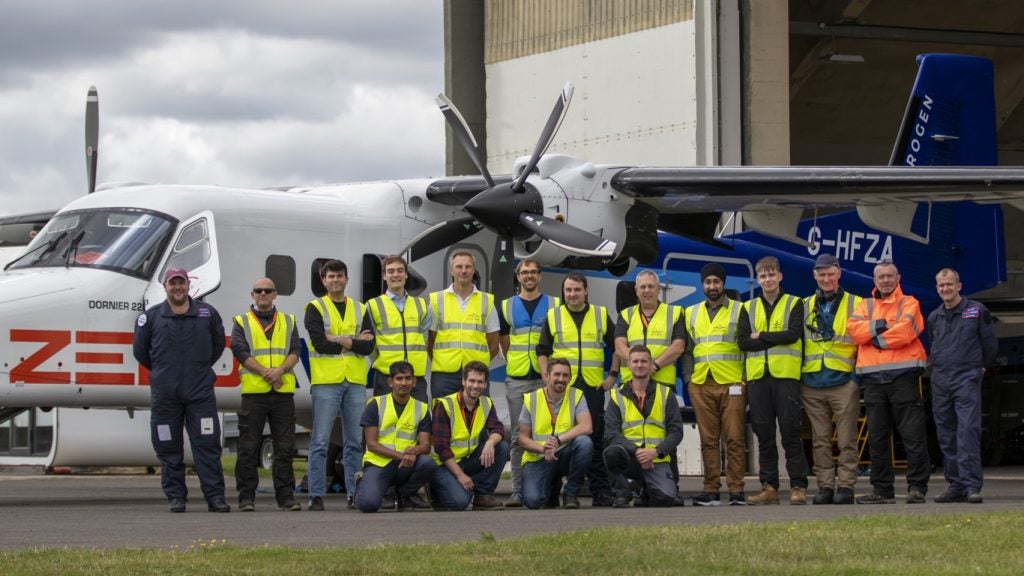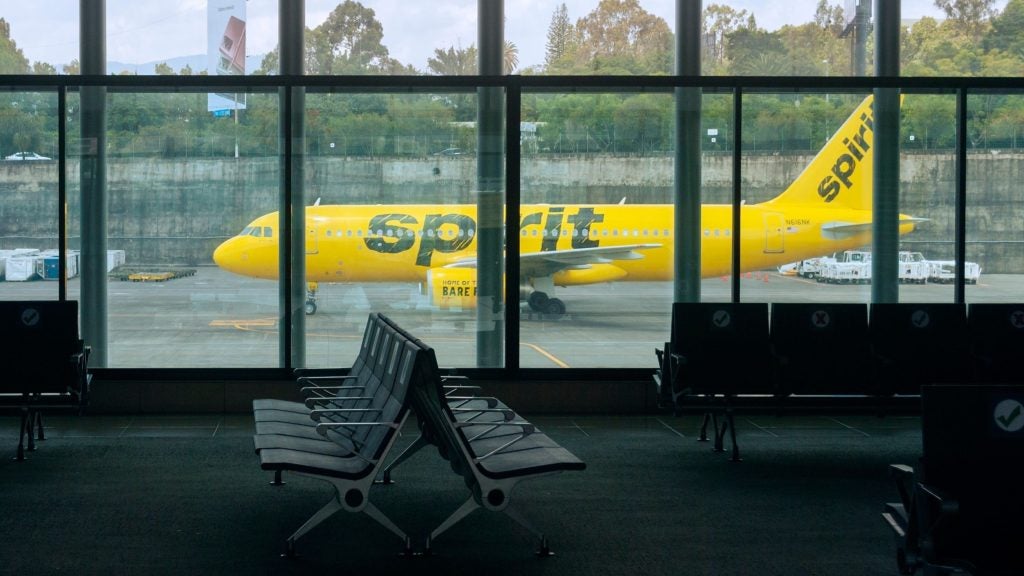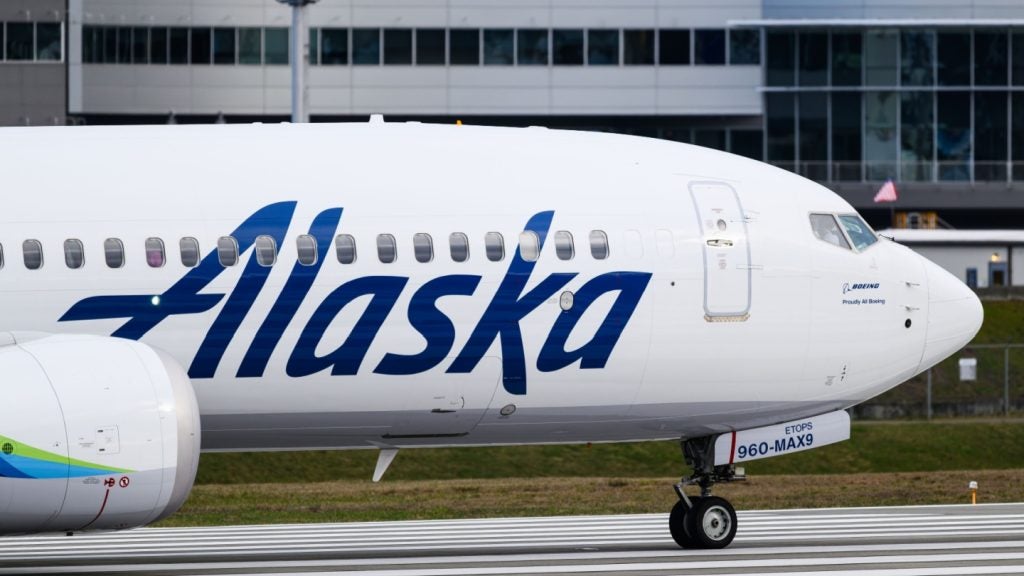The passenger and air cargo markets in aviation have shown continued strong growth in 2024 according to the latest figures released by the International Air Transport Association (IATA), with demand for both growing in the double digits.
The data from IATA showed that passenger demand, measured in revenue passenger kilometres (RPK) was up 21.5% on February 2023 while air cargo demand, measured in cargo-tonne kilometres (CTK), was up 11.9% overall.
IATA Director General Willie Walsh said: “The strong start to 2024 continued in February with all markets except North America reporting double-digit growth in passenger traffic.
“There is good reason to be optimistic about the industry’s prospects in 2024 as airlines accelerate investments in decarbonization and passenger demand shows resilience in the face of geopolitical and economic uncertainties.”
As noted by Walsh, North America saw the weakest growth in passenger traffic for the month, at 8.9%, with the continent also recording the lowest growth in air cargo demand at just 4.2%, more than 7.5% below the next weakest growth seen in the Asia Pacific market.
Despite Asia Pacific’s middling cargo demand growth, the region’s passenger market was easily the strongest for growth with a rise of 37.8% on February 2023, reflecting predictions of strong increases in air traffic for Asia.
While noting the benefit of 2024 being a leap year, and therefore February featuring an extra day than last year, Walsh said that the figure showed the resilience of aviation in the face of “continuing political and economic uncertainties.”
Walsh also called on governments to resist “the temptation of cash grabs with new taxes” and warned that additional aviation taxes could affect the industry’ positive trajectory, singling out Europe in particular for “uncompetitive tax proposals”, likely referring to the EU’s suggestion of a kerosene tax for international flights that it brought to COP28 last year.
Despite industry concern about the idea, taxes on fuel or other aspects of aviation have been proposed by some governments and lobbying groups as a way of accelerating the industry’s move towards more sustainable practices or encouraging people to move towards the use of rail links.














